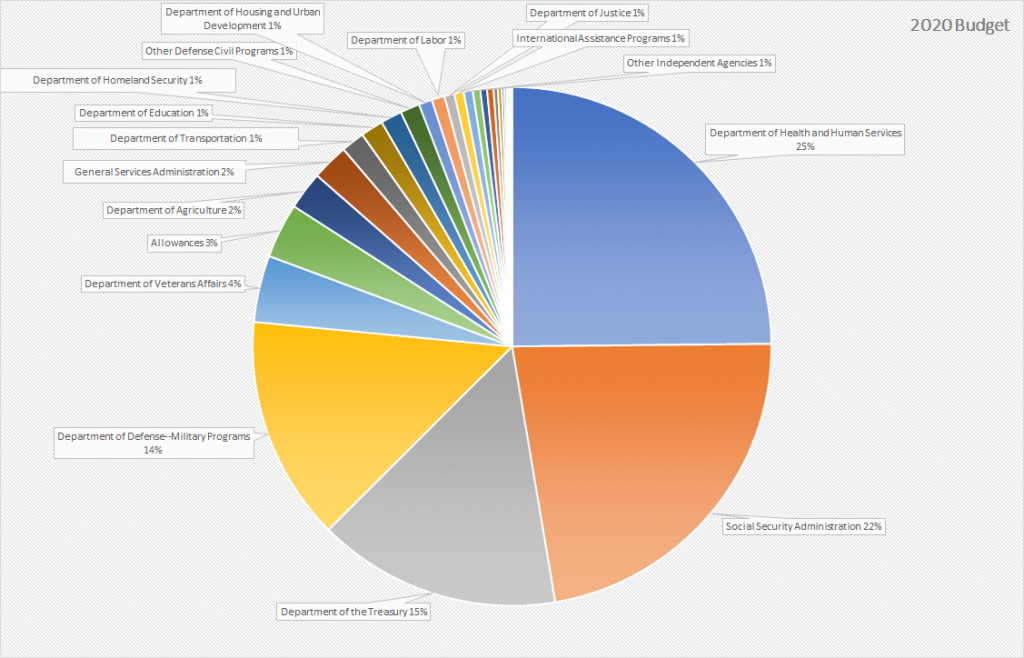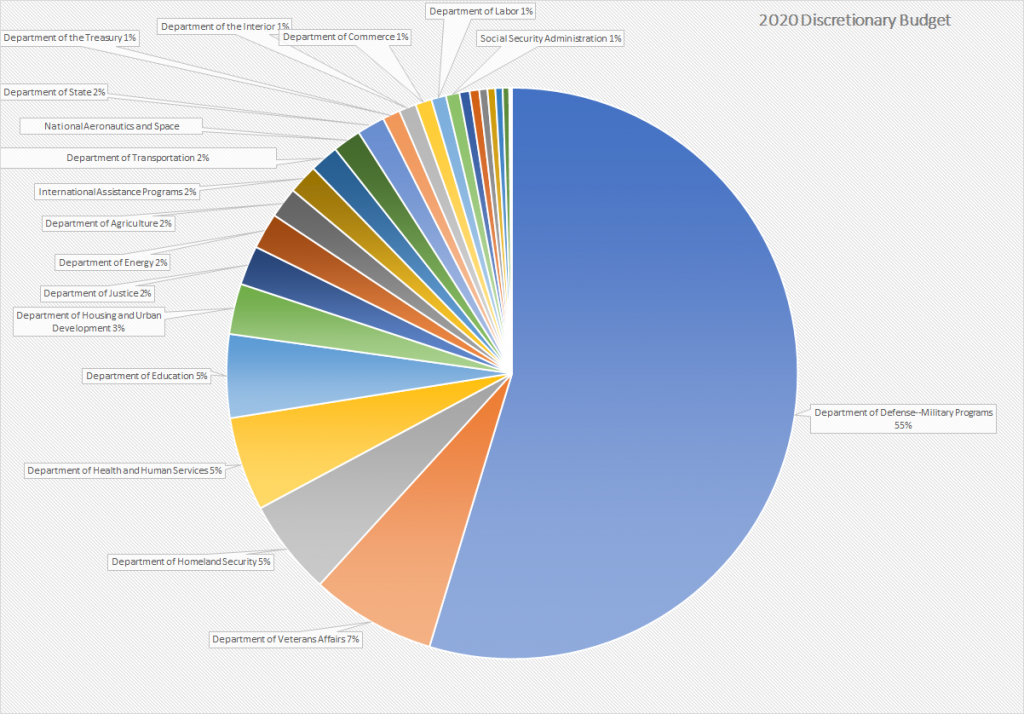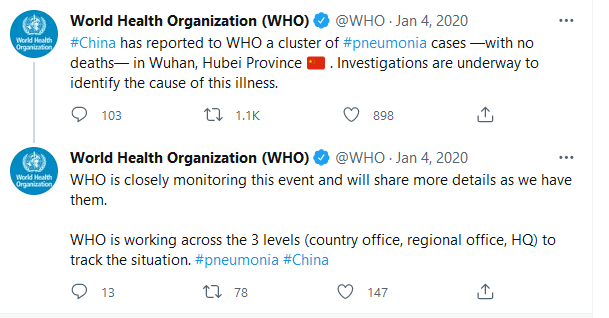There are some argumentative political statements that I can never decide if it’s deliberately obtuse or an actual misunderstanding. Joe the Plumber comes to mind — a lot of people have no understanding of business taxes (or know the difference between gross and net). Maybe he really thought a million dollar gross plumbing business would throw him into the wealth tax level. Or he’s making a disingenuous argument — either bemoaning that a plumbing business netting a million dollars would pay increased taxes or deliberately failing to mention that a million dollar gross business isn’t anywhere near wealth-tax levels and letting people hear “million dollar” and assume as they assume.
“Won’t Medicare for All bankrupt the country” has become this year’s Joe the Plumber for me. Won’t private insurance bankrupt individuals and businesses? I pay around 3k a year for my family’s insurance. If universal health care meant my taxes went up 10k, not having to pay that 3k wouldn’t make me feel much better. But what I pay isn’t the sum of what my health insurance costs. My employer paid about 14,000USD for my medical and dental insurance. Legislation can ensure what employers currently contribute to wasteful private insurance becomes funding for Medicare for All.
If the entirety of my 3k went to Medicare for all, and the remaining 7k came from my employer … they would be saving 7,000USD on a single employee. Maybe all 10k comes from the employer. My taxes go down 3k, the company still saves 4k. Or maybe universal heath care costs 17k and the entirety of what both my employer and I pay gets redirected toward Medicare. The worst case in any of these scenarios is that we’ve broken even, I’ve got better coverage, people who change jobs don’t have lapses in coverage, and people who need to see a doctor or get medicine do so.
Yes, it’s possible implementing universal health care would be a net cost increase. While there’s logical consistency that removing profit, executive salaries, and general overhead would yield a lot of savings … having more people actually use their health care might yield a lot of additional expense. But the gross cost of universal healthcare is offset by what we currently pay — just like the plumbing company with a million dollars in gross receipts isn’t forking over 40% of that million dollars in taxes.






